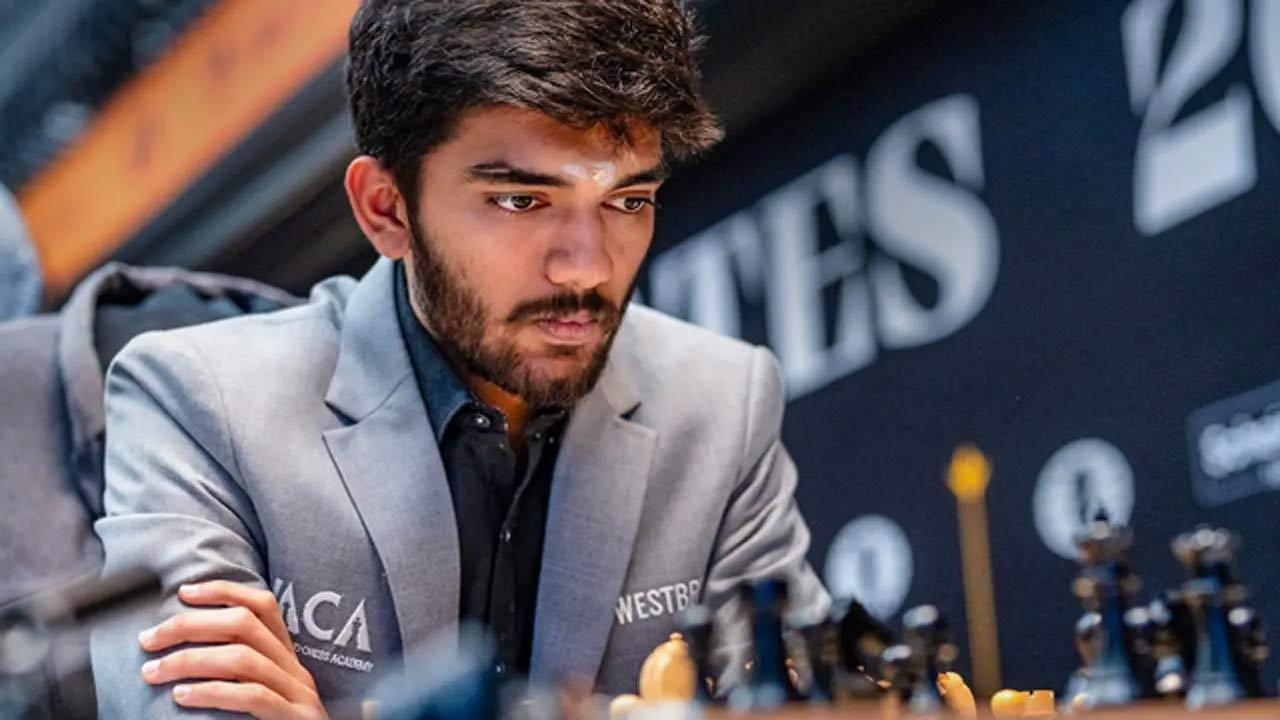Our top athletes too, in any game, have benefitted from mental conditioning, proving that this component cannot be ignored as India aims to become a multi-sports nation

D Gukesh. Pic/PTI
If there was any doubt that mental health plays a huge part in sporting competition, one only has to listen to newly crowned world chess champion, D Gukesh. Gukesh has spoken highly of his mental conditioning coach Paddy Upton, crediting him, too, for his win over China’s Ding Liren.
ADVERTISEMENT
Gukesh has stated in a number of reports that at that level, it is not only about chess. There was a lot of mental and emotional pressure to contend with. His conversations with the coach and suggestions also helped him develop throughout.
This proves our sportspersons need mental conditioning and a mental coaching unit or team with them, when they are developing, with the ultimate aim being an international podium finish.
Our top athletes too, in any game, have benefitted from mental conditioning, proving that this component cannot be ignored as India aims to become a multi-sports nation.
This Paris Olympics, India finished in fourth place at so many events, leading experts to suggest that Indian athletes must be specially counselled or trained. This training must focus on the near misses, with mental health coaches teaching our athletes how to close that last-mile gap—making the leap from fourth place to a medal finish. There was a great deal of debate and analysis about our Paris results, with emphasis on the mental aspect.
Let us extend the mental health factor at the grassroots level too. While athletes who are breaking into the game will not have the resources to hire personal coaches, schools and colleges can provide one or two mental health professionals who can work with individuals or teams. This may make the difference between a youngster staying in the game or dropping out.
Gukesh has put the final seal on the deal—sports is about physical prowess, but the mind plays a huge role too.
 Subscribe today by clicking the link and stay updated with the latest news!" Click here!
Subscribe today by clicking the link and stay updated with the latest news!" Click here!







